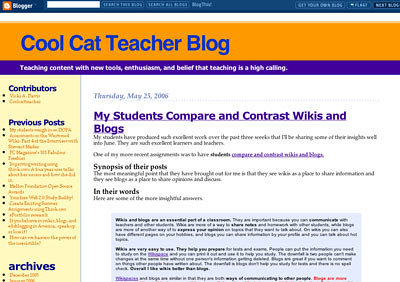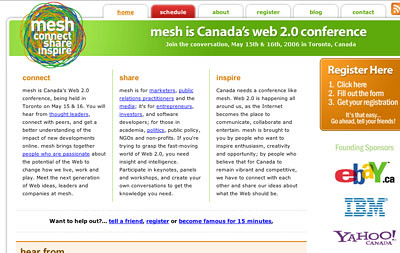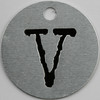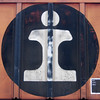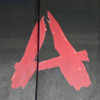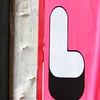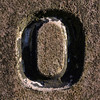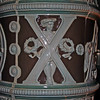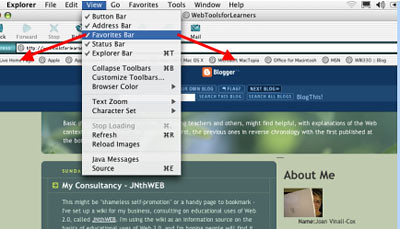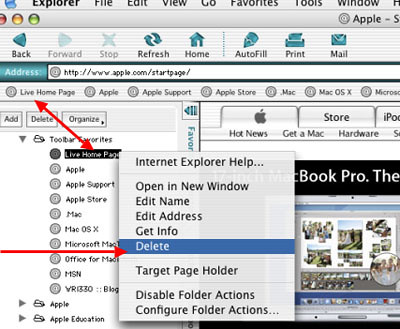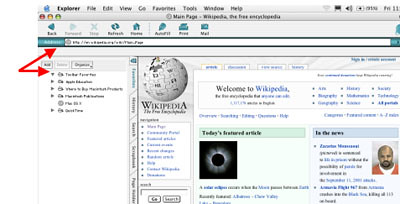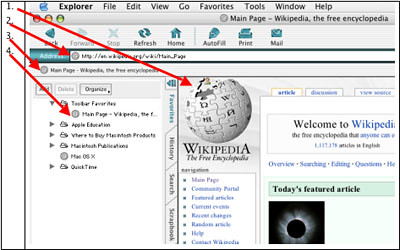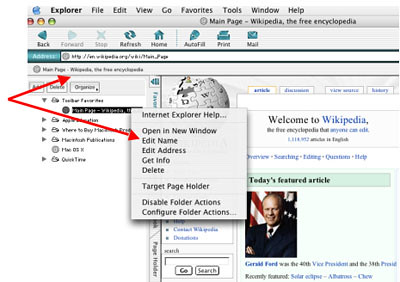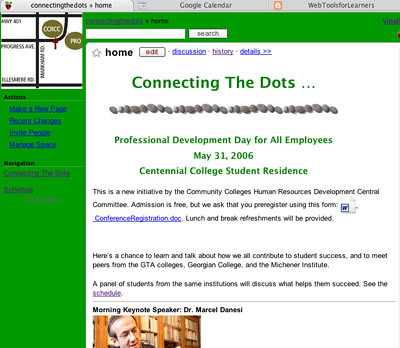
Some conferences are just great, and this was one. Today I attended the CCHRD (College Committee on Human Resources Development) Central Region (Centennial, Seneca, George Brown, Sheridan, Mitchner Institute) Conference called Connecting the Dots. The one & a half hour rush-hour commute was not fun, but shortly after I arrived, I was greeted by two women, one of whom, with a lovely warm smile, told me she reads this blog! It was exciting to meet a such a positive reader!
Then Dr Marcel Danesi spoke, and he's wonderful! He talked about the fact that academic researchers don't actually know how people learn, however the person and their background, both personal and cultural, are at the core. He went on to affirm that human contact is central to teaching. Yes. I agree totally.
As a teacher you have to shut up and listen, which is part of becoming wise, and part of seeing your students as researchers of what you both are interested in. Absolutely! You want your students' respect, not their friendship. You want to be a "wise elder" and their mentor.
I can't possibly impart the flair and humour of his talk, but I enjoyed and benefitted from it.
The students on the student panel had interesting comments and insights.
The morning workshop session I went to was called "Popular Culture and Critical Media Literacy" given by Lena Carla Gutekunst, and it was very interesting. She's an engaging speaker with real insight into the culture many of our students live in, and how to teach critical thinking using (and respecting) it.
Lunch was great, as was the conference space Centennial had provided.
I presented on Blogs, Wikis and Students in the afternoon, and was grateful for the help I got from the sound man and a quiet stranger I later realized was Dr. Sandy Shugart, the closing keynote speaker. I loved talking about Web 2.0, and how it helped my students connect with each other, and how it gave them a real context for communicating with each other. (If they didn't reseach, present and post on the wiki, their fellow students wouldn't learn what they needed to learn.) And the subtext to both the class and the presentation, was that my students had engaged with each other because they had heard each other's stories, and had been heard when they told their stories.
The Web, my message was, is easy and allows our students to communicate in ways they find meaningful, using a technical tool they are familiar with, though they might have to learn some new elements. It is a powerful teaching/learning tool, especially when combined with face-to-face time in class.
Dr Sandy Shugart gave the closing keynote and what a wonderful note to close on. He spoke holding, and occasionally playing his guitar. He talked about Robert Frost's "Two Tramps in Mud Time" and how our work can deform us, how it can be a shrinking prison, or how it can be a crucible, where we are transmuted into our full humanity. He spoke about how important it was to a "servant leader" - and he sang great lyrics. I was very glad I'd stayed (instead of leaving early to miss the traffic). I needed to hear what he was saying, at many levels. Here's a description of him - http://www.imakenews.com/orcc/e_article000400176.cfm?x=b11,0,w
A lovely, rewarding day!
tags
Connecting the Dots
Marcel Danesi
Sandy Shugart
